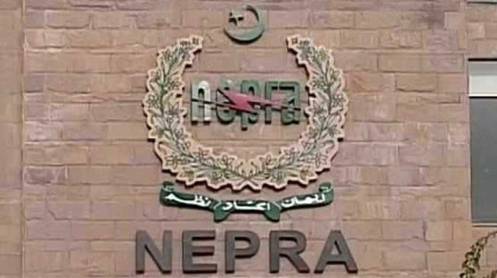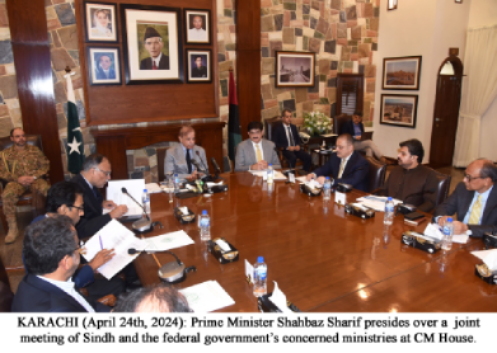On steep, jagged, dirt roads in Balochistan, a fleet of beat down Honda motorcycles make a treacherous trek across the unmanned and largely ignored border between Iran and Pakistan. From afar, to people sitting in Lahore or Karachi, these bikers with large blue drums attached on either side of their bikes might look like milkmen going above and beyond in the line of duty.
In reality, they are smuggling gasoline from Iran into Pakistan. Each biker can transport up to 40 liters, which can earn them up to Rs500 for the journey. The trade is hard, accidents are frequent, and the smugglers risk losing not just their cargo, but also their lives.
The bikes are not the only way for the smuggling of fuel and other goods. Fleets of Toyota pickups also make the journey across the rugged land border carrying drums of gasoline, and lone boats on the Makran coast undertake their journey under cover of bad weather to stay hidden from the Coast Guard and Navy. Still they find themselves caught in shootouts.
It is no hidden secret that petrol is smuggled out of Iran, even though the country itself faces shortages due to a lack of refining capacity. Estimates suggest an upward of ten million liters of Iranian petrol is smuggled off to countries on a daily basis, which comes out to 3.65 billion liters every year. That is the equivalent of nearly 63,000 barrels of oil per day.
For context, Pakistan’s total oil production comes out to approximately 89,000 barrels per day out of a total consumption of approximately 556,000 barrels per day, as of 2016. Of course, not all smuggled Iranian oil comes to Pakistan, but the amounts that do are quite staggering.
The Iranian smuggling trade is also one of the reasons that the government often cites for erratic fuel prices. While the government only has itself to blame for the pricing of petrol, as discussed in a previous Profit feature, it is worth exploring just how rampant and impactful this smuggling really is, and how it is bad for Pakistan. And more importantly, what are the reasons behind it?
Why the smuggling
Iran, a country that can barely keep up with its own oil needs, has become a center for gasoline smuggling not just to Pakistan, but all across the Gulf states as well. As to why that is the case, the answer is actually quite straightforward: it is all about regulation.
You see, gasoline is incredibly cheap in Iran. Tehran keeps domestic gasoline prices low through government subsidies of nearly 90%. Add a devalued currency, and what do you get? Fuel that is approximately three times cheaper in dollars compared to global benchmark prices, typically set in trading in markets in London and New York. As a result, the circumstances make it seem lucrative to smuggle, since it will fetch a much higher price in neighbouring countries.





